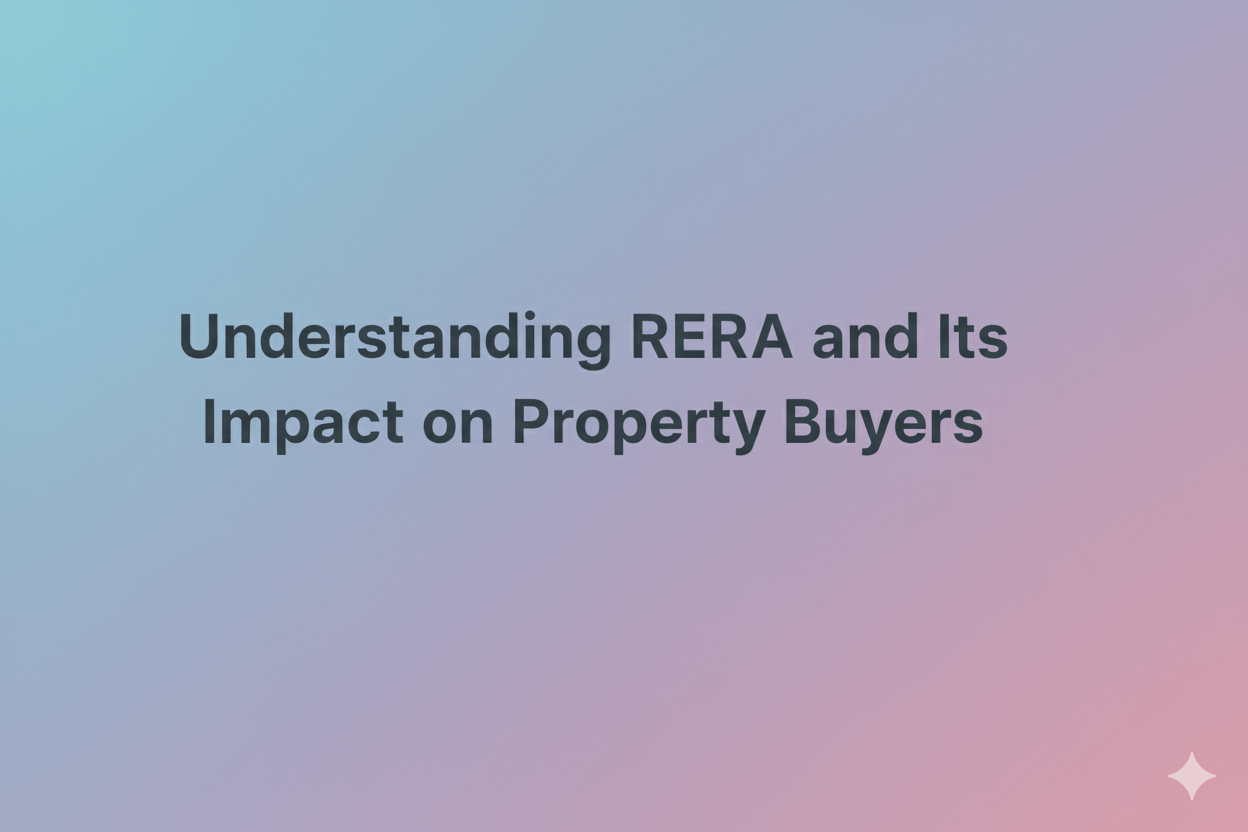Buying a property is one of the biggest financial decisions in your life — and verifying documents is the most crucial step. A single missing or fake paper can lead to legal troubles, delayed possession, or even loss of ownership.
Here’s a simple and complete list of documents every property buyer must verify before making the deal.
🏠 1. Title Deed
This is the most important document that proves ownership of the property. Ensure the title is clear and marketable — meaning it has no disputes or pending claims.
🧾 2. Sale Deed
The final proof of property transfer from seller to buyer. It must be registered at the sub-registrar’s office and signed by both parties.
📜 3. Encumbrance Certificate (EC)
This shows whether the property is free from financial or legal liabilities. You can get it from the sub-registrar’s office — it’s valid proof that the property has no mortgage or pending loan.
🧱 4. Building Plan Approval
Verify that the building plan is approved by the local municipal authority. Any deviation from the approved plan can result in demolition or penalties.
📄 5. Occupancy Certificate (OC)
An OC certifies that the building complies with all safety and construction norms and is ready for occupation. Without this, your property is technically incomplete.
🏗️ 6. Commencement Certificate
It’s issued by local authorities allowing the builder to start construction legally. If the project didn’t have one, it could mean construction began illegally.
🔐 7. Property Tax Receipts
Check that the seller has paid all property taxes up to date. This avoids liability transfer after you buy the property.
🧍 8. No Objection Certificates (NOCs)
For apartments, builders must obtain NOCs from:
-
Pollution control board
-
Electricity and water department
-
Fire department
-
Local authority
📑 9. RERA Registration Certificate
Always ensure the project is RERA-registered. You can verify this by visiting your state’s RERA website.
🏦 10. Loan Release Letter (If Applicable)
If the seller had taken a home loan, ensure that the loan is closed and the bank has released all claims on the property.
✅ Final Words:
Verifying documents is not optional — it’s essential. A quick consultation with a property lawyer can protect your hard-earned investment and give you peace of mind.





 More Service
More Service




